| As Britain hurtles towards the cliff edge of Brexit, and the President of the United States pays compliments to a dastardly dictator while referring to migrants as animals, it’s as if we’ve learned nothing from the run up to the Second World War. If politics were fiction – if only! – we’d be approaching the crisis point known as the cave. |
the hero’s darkest hour where she falls into the abyss of her most extreme ordeal. It’s a place where it feels like the hero has met her end, but is reborn. Her own power or will to live is revealed and she crawls out of the cave.
I’ve been slow to embrace this consciously in my own writing for a whole hodgepodge of reasons, including that my characters aren't heroes who know what they want and because sometimes the hero’s journey structure, especially as promoted by creative writing tutors, becomes formulaic.
But I seem to be on the road to conversion: partly because Charli has pointed out I have borrowed elements, however unwittingly yet with good effect, in my first two published novels, and partly because I’m discovering that, as a reader, I find novels less satisfying if they don’t have enough plot.
How much is enough, will vary from reader to reader. I’ve read too many novels where character and credibility is sacrificed to narrative tension to totally relinquish my reservations about plot-heavy books. But I’ve also read many that beautifully balance forward momentum with real-world relevance and emotional depth. Through my reading and writing, I’m on my own hero’s journey to deliver that better with each book.
Yet it wasn’t until I began to write this post that I appreciated how relevant to my knowledge of psychological change, from both inside and outside, is to clambering out of the cave. Perhaps last week’s more personal post, where I touched on transformation through therapy, has helped bring this to the fore. Entering therapy partly to explore a cave of which I was only too aware, I discovered darker and deeper cavities beyond it through which I was nevertheless able to creep towards the light.
| Diana, the protagonist of my debut novel, Sugar and Snails, enters her personal cave in the penultimate chapter. Although physically in the kitchen of her home, psychologically she’s in a dark and scary place when she risks disclosing her secret, a mystery revealed to readers several chapters earlier, to her best friend of almost thirty years. |
| The cave is both a physical place and a state of mind in my second novel, Underneath. The cellar, where Steve keeps a woman captive, is present from the first page, but it’s the gradual unravelling of his mind that traps him in the cave less than a dozen pages from the end. Although, in his own way he is reborn, Steve’s is more of an anti-hero’s journey than Diana’s. |
My current WIP, a dystopian novel provisionally entitled Snowflake, comes closest in structure to the hero’s journey, although my fourteen-year-old narrator is considered somewhat wimpish by his parents and peers. Having been off and on with the first draft for about four months, I’ve recently passed the midpoint when everything is turned upside down. While generally more of a pantser than a planner, I’ve been working to an outline, not so rigidly that I haven’t been able to enjoy discoveries along the way, but with clear crisis points at the 25%, 50% and 75% marks.
And a cave, at around 90%, that’s both a physical place, an institution my reluctant hero has feared from early on, and an existential crisis, when he must decide whom he can trust to get him out. Although I’ve yet to work out the mechanics of leaving, I know which way he’ll turn and how he’ll come to realise there are other forms of heroism than those his culture demands. As that culture is characterised by xenophobia, toughness and nostalgia for lost Empire, there’s – sadly – a lot in current sociopolitics to spur me on.
| I wasn’t sure how to respond to the latest flash fiction prompt or, riding the latest thermal with my WIP, whether I’d have time. Then came the urge to reflect on my writerly relationship with the cave. On the hero’s journey, the cave is the place where everything seems lost, but the writer’s job is to find that seed of redemption where not all is lost. |
As it wouldn’t do to give away the secrets of my novels, whether published or as yet unpublished, my 99-word story is about feeling you’ve lost the plot as a writer, an experience sometimes labelled writer’s block.
Some days I led the way and, obediently, they followed. On better days, they raced ahead and I trailed after. On bad days, I bribed and begged for their company.
Sometimes, the path unwound for miles ahead. Sometimes, each step seemed virgin territory. Sometimes, we backtracked to try from a different angle. But always moving, discovering, until they abandoned me in darkness, sour and dank, patting the walls but no sign of an exit. Stuck. Despairing. All that effort wasted.
A chink of light that, as I watch, grows. Bigger. Brighter. Braver than before, we leave the cave together.
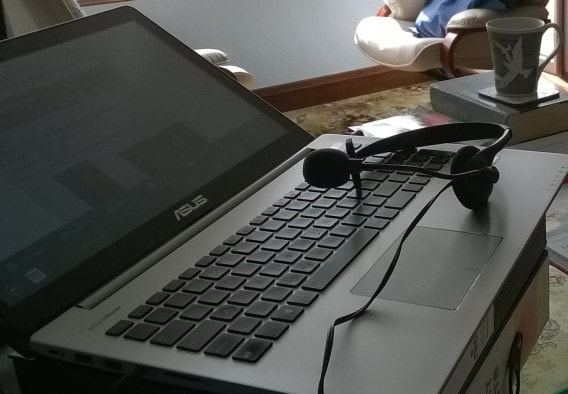
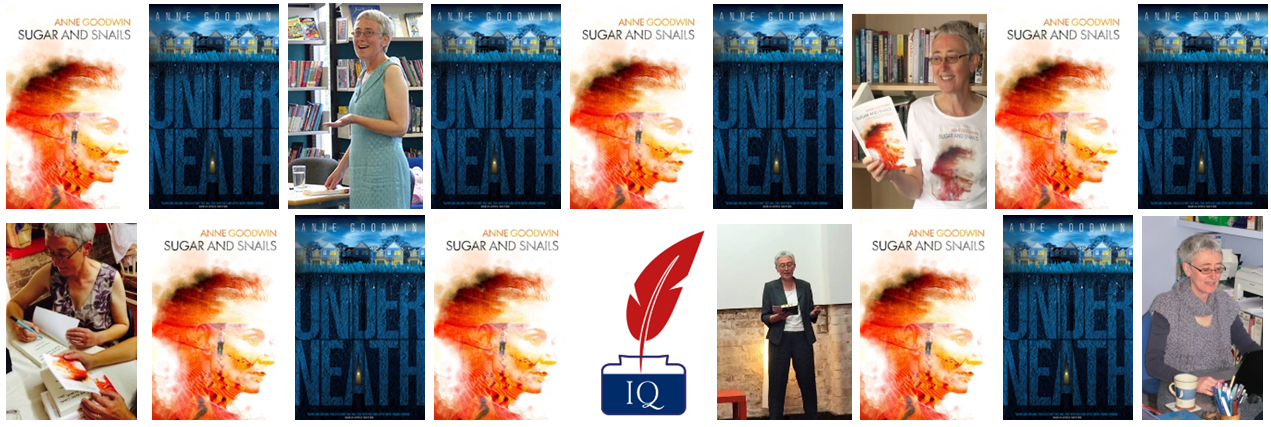
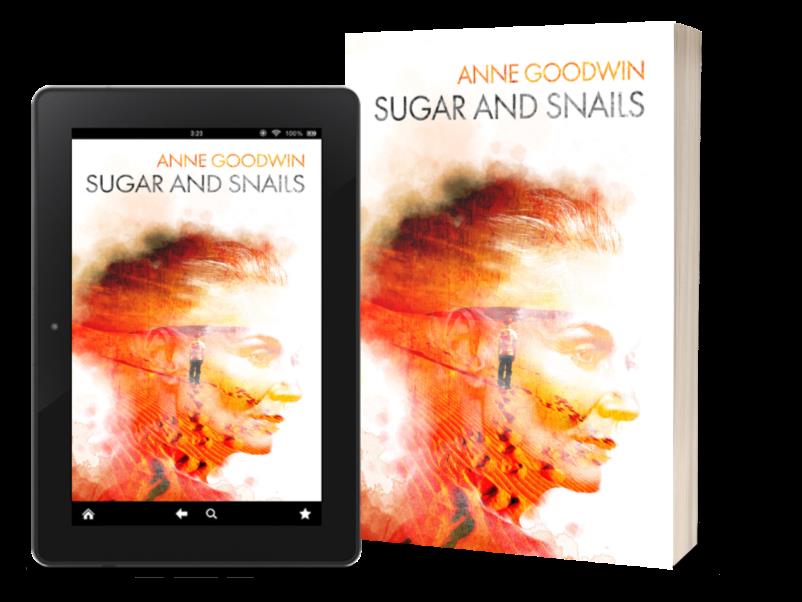
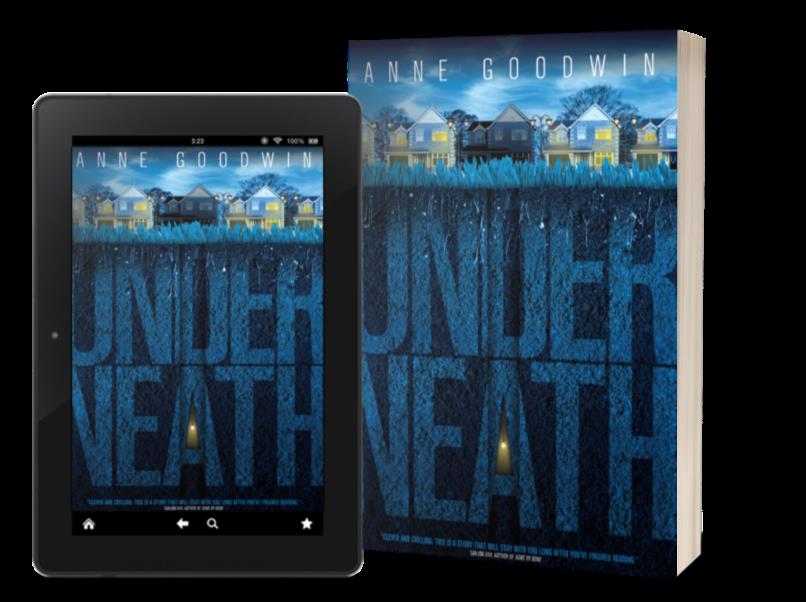
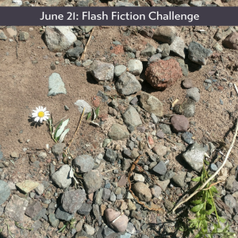





















 RSS Feed
RSS Feed





















